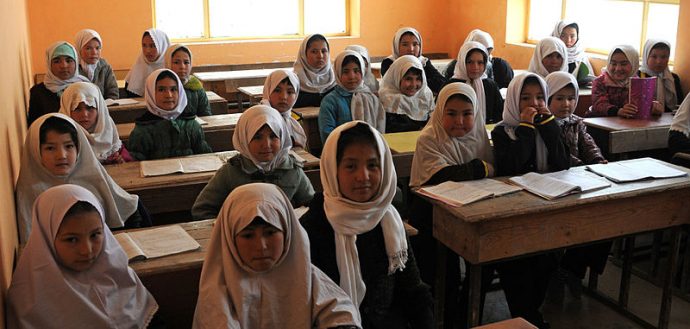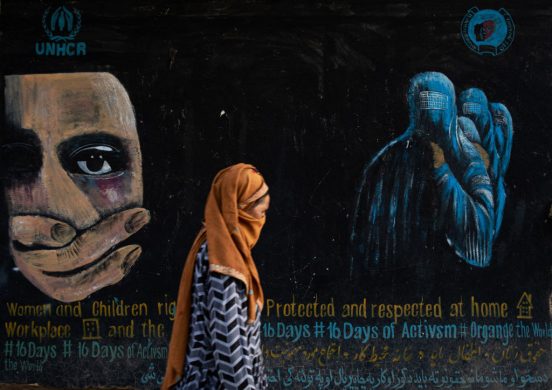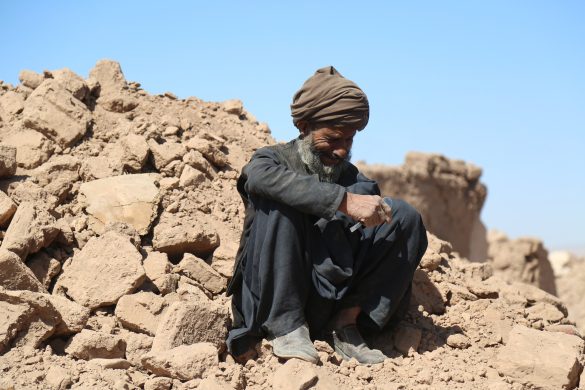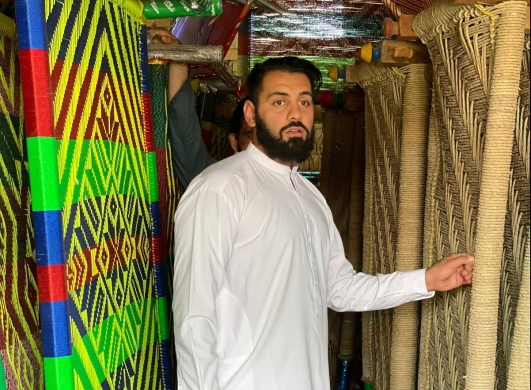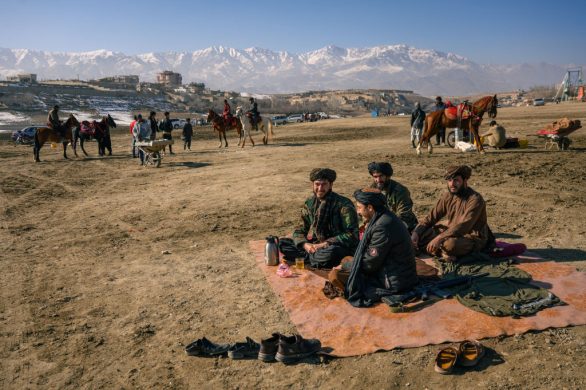Soala gazes at her prized high school diploma with tears in her eyes.
Having graduated at the top of her class from the Zarghuna Ana high school in Kandahar province, she had dreamed of going on to study medicine.
But her hopes were dashed when her father and older brother said that they would not allow her to carry on her education.
As a doctor, Soala said, she would have been able to serve the wider society and help rebuild her country. Conservative traditions now meant that her studies were at an end.
Access to education has improved significantly in the southern province of Kandahar since the fall of the Taleban in 2001. But even those families who send their daughters to school are often unwilling to allow them to continue studying past the age of 15, let alone go on to higher education.
Hazratmir Totakhail, the head of Kandahar university, said that although 2,060 high school graduates had taken entrance exams to begin studying for a degree last year, only 230 of them were female.
Education spokesman Nazar Mohammad Samimi told IWPR that only 528 girls had graduated from high school in the last academic year, reflecting the fact that many families did not allow girls to continue past year six of their education.
She said that only 14 incidents of girls being forced to curtail their studies taken had been reported to them over the last year, but the numbers were clearly much higher. Most cases of girls being denied further education were simply not reported.
The chance to chance to continue studying was a human right, Sahar continued, and the community needed to support talented young women so that they can in turn could go on to serve society.
Traditions, security and marriage
He said that 1,346 students study at his institute, of which only 321 are girls.
Islamic scholar Maulawi Abdul Bari Madani said that there was no religious reason to prevent girls and young women from pursuing their studies.
Separate classes might help
Civil society activist Abdul Aziz Akrami said that one issue was the fact that, unlike high schools, colleges were co-educational.
Toryal agreed that this might encourage more young women to continue studying. He said that his institution was encouraging their female staff to undertake more teaching hours.

